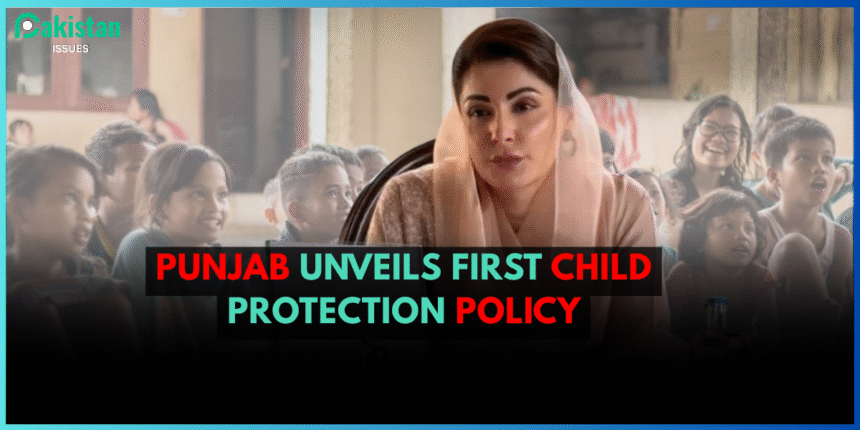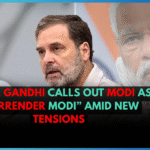Punjab has introduced its very first Child Protection Policy, a move long demanded by child rights groups and civil society. For the first time, the province now has a formal roadmap aimed at preventing abuse, exploitation, and neglect of children — issues that have plagued local communities for years.
Announced at a press event in Lahore, the policy was welcomed by educationists, healthcare experts, and law enforcement officials alike. Punjab Chief Minister Maryam Nawaz called it a “timely and necessary shift” in the way the province treats matters concerning its youngest and most vulnerable citizens.
“Children are not just the future — they are the present. Protecting them isn’t optional,” said the CM during her remarks.
Policy Highlights
The document outlines several key measures, including the establishment of protection units at the district level and stricter tracking of abuse cases. A centralized helpline, cross-department training, and improved data collection have also been added to the framework.
Moreover, the plan introduces:
- Emergency shelters for abused children
- Legal and psychological aid centers
- Protocols for early detection and reporting in schools and hospitals
- Coordination mechanisms among welfare, education, and police departments
Officials say implementation will begin in major districts within the next quarter.
Why Now?
Punjab has witnessed an alarming rise in child abuse incidents over the past five years, particularly in urban slums and rural belts. Activists argue that until now, lack of clear guidelines allowed many cases to fall through the cracks.
Speaking to reporters, Sarah Ahmed, head of the Punjab Child Protection Bureau, noted, “We’ve responded case by case in the past. What we lacked was a consistent, province-wide policy. That changes today.”
Reactions From Civil Society
NGOs and local child rights advocates have cautiously welcomed the move. While they appreciate the structure, many remain skeptical about follow-through.
Rafia Malik, a Lahore-based child rights lawyer, said, “This is a much-needed document, but without funding, trained staff, and regular audits, policies don’t protect children — action does.”
UNICEF Pakistan, which has been working with the provincial government, issued a statement calling the policy “a crucial step toward institutional responsibility.”
Next Steps
A newly formed monitoring board will review the implementation phase and track compliance. Officials insist that departments failing to adhere to the policy guidelines will be held accountable.
Still, for many, the real measure of success will come not from headlines — but from fewer tragedies reported in the months and years ahead.










